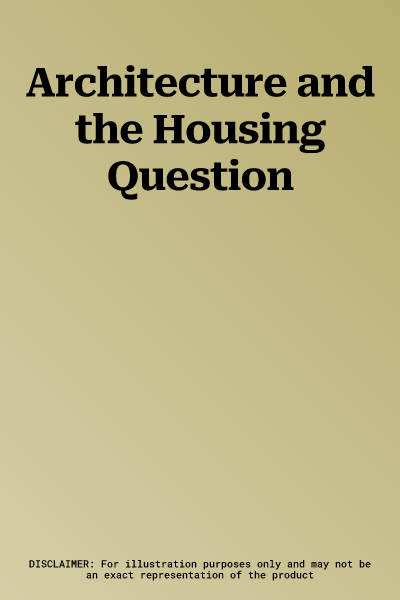Architecture and the Housing QuestionHardcover, 29 June 2022

Qty
1
Turbo
Ships in 2 - 3 days
Only 4 left
Free Delivery
Cash on Delivery
15 Days
Free Returns
Secure Checkout

Part of Series
Routledge Research in Architecture
Print Length
248 pages
Language
English
Publisher
Routledge
Date Published
29 Jun 2022
ISBN-10
0815396023
ISBN-13
9780815396024
Description
Product Details
Book Format:
Hardcover
Country of Origin:
US
Date Published:
29 June 2022
ISBN-10:
0815396023
ISBN-13:
9780815396024
Language:
English
Location:
Oxford
Pages:
248
Publisher: